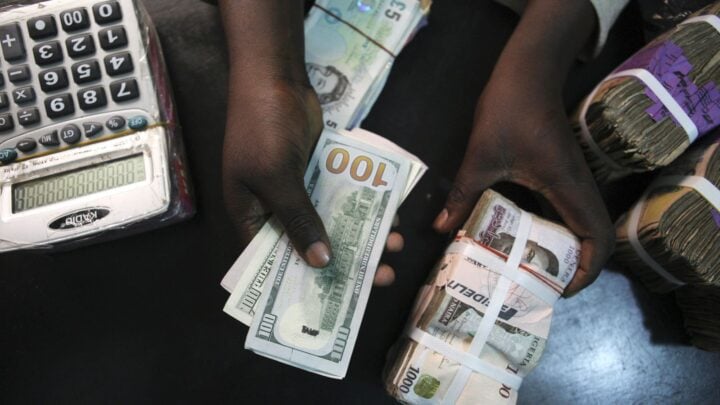SB Morgen (SBM) Intelligence, a geopolitical research firm, says transport costs surged by 77 percent between January 2023 and March 2024.
In its latest report titled ‘The price of everything, SBM said a spike in petrol prices, which rose 160.9 percent over the reporting period, increased transport costs for commuters across Nigeria.
“The data illuminates a stark reality: transport costs surged by a staggering 77% during the same timeframe,” the research firm said.
“This surge can be directly linked to the increased operational expenses incurred by transportation providers, who must grapple with the amplified cost of fuel as a primary input.”
Advertisement
Furthermore, SBM said the inflationary spiral affected the daily sustenance of Nigerians.
“For example, the price of bread, a dietary staple for many, witnessed a notable uptick of 81% over the reporting period,” the research firm said.
SBM attributed the surge to several factors, with the most significant being the persistent devaluation of the naira, which erodes purchasing power and amplifies import costs for essential commodities like wheat — a vital ingredient in bread production.
Advertisement
However, SBM said challenges “confronting Nigeria’s economy extend beyond currency uncertainty”.
“Insecurity, characterised by sporadic outbreaks of violence and unrest, compounds the nation’s economic woes, disrupting supply chains, impeding transportation networks, and engendering a climate of uncertainty that exacerbates inflationary pressures,” SBM said.
“Moreover, Nigeria’s infrastructure deficit looms large as a significant bottleneck, constraining productivity, inflating operational costs, and impeding the efficient movement of goods and services.”
The company also measured the increase in the price of essential commodities including Dudu Osun, which increased by 180 percent, noodles, which rose by 91.8 percent, and sanitary pad, which jumped by 128.6 percent during the period under review.
Advertisement
‘DUDU OSUN: FASTEST RISING ITEM’
SBM said Dudu Osun (a single soap bar) is the fastest-rising item in its database, followed by petrol.
“Aside from Dudu Osun, petrol and sanitary pads, all the other items in the top 10 are edible, reinforcing our theory that Nigerians are being squeezed tightest at the dinner table,” SBM said.
“The data also shows that Nigerians spend less on communication and entertainment and that both sectors have been kindest to Nigerians regarding their pricing.
Advertisement
“The stability in prices of certain entertainment items has come as a respite for the Nigerian consumer.”
According to the report, this is mainly observed in cable television subscriptions and streaming services and contrasts sharply with the volatile nature of prices in other sectors, such as food and energy.
Advertisement
‘ENTERTAINMENT PRICES ROSE BY 17%’
SBM said entertainment prices recorded 17 percent growth — with no price changes at all with streaming platforms.
Advertisement
“Entertainment prices have also come in significantly lower than SBM’s own Jollof index, as the index revealed that Nigeria experienced one of the worst food crises between October 2023 and March 2024 due to the cost of making a pot of Jollof rice rising by 29.3%, from N13,106 in October to N16,955 in March 2024,” SBM said.
Also, the research firm said despite the significant rise in petrol prices, entertainment items maintained growth rates lower than “20% annually”.
Advertisement
SBM said this indicates the impact of entertainment spending on inflation is relatively low compared to essential commodities, which are more directly linked to basic needs and production costs.
Add a comment






